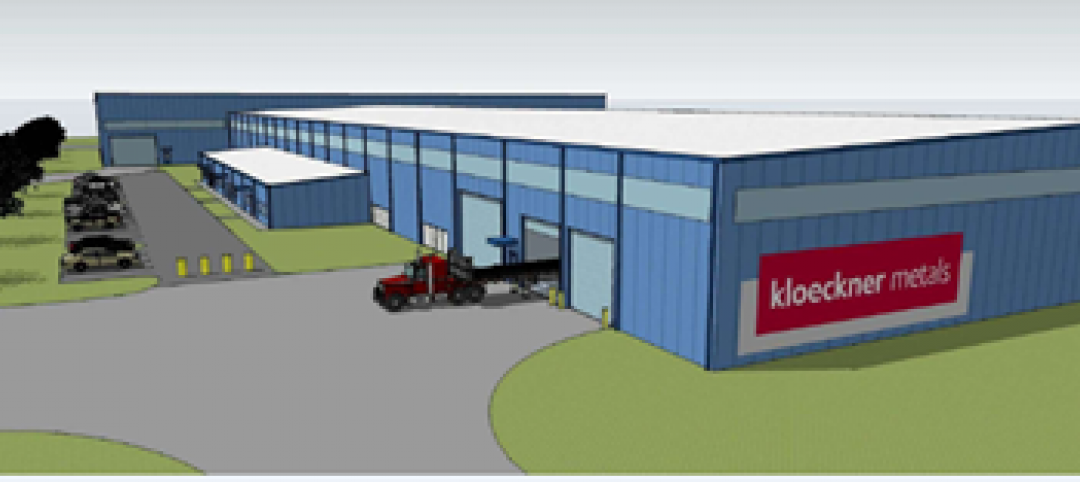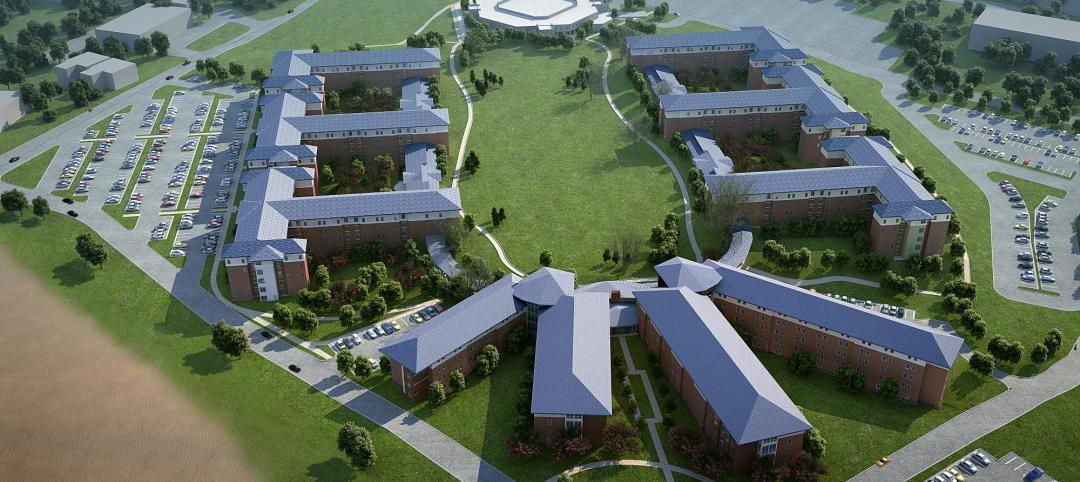Buoyed by increasing levels of demand across all project types, the Architecture Billings Index (ABI) was positive in June for the fifth consecutive month.
As a leading economic indicator of construction activity, the ABI reflects the approximate nine to 12 month lead time between architecture billings and construction spending. The American Institute of Architects (AIA) reported the June ABI score was 52.6, down from the mark of 53.1 in the previous month. This score still reflects an increase in design services (any score above 50 indicates an increase in billings). The new projects inquiry index was 58.6, down from a reading of 60.1 the previous month.
“Demand for residential projects has surged this year, greatly exceeding the pace set in 2015. This suggests strong future growth for housing in the coming year,” said AIA Chief Economist, Kermit Baker, Hon. AIA, PhD. “While we expect to see momentum continue for the overall design and construction industry in the months ahead, the fact that the value of design contracts dipped into negative territory in June for the first time in more than two years is something of a concern.”
Key June ABI highlights:
- Regional averages: South (55.5), West (54.1), Northeast (51.8), Midwest (48.2)
- Sector index breakdown: multi-family residential (57.9), institutional (52.7), mixed practice (51.0), commercial / industrial (50.3)
- Project inquiries index: 58.6
- Design contracts index: 49.7
- The regional and sector categories are calculated as a 3-month moving average, whereas the national index, design contracts and inquiries are monthly numbers.
Related Stories
| Nov 7, 2012
John Portman & Associates awarded new high rise in China
108-story building to rise in Nanning, the Capital City of Guangxi Province.
| Nov 7, 2012
Two Thornton Tomasetti projects receive 2012 International Architecture Awards for Best Global Design
The awards, presented by the Chicago Athenaeum Museum of Architecture Design, the European Center for Architecture Art Design, and Urban Studies and Metropolitan Arts Press, Ltd., recognize excellence in architecture and urban planning.
| Nov 6, 2012
Honeywell donates first responder products for Hurricane Sandy relief and recovery efforts
Honeywell Humanitarian Relief Fund to provide aid to local employees affected by Hurricane Sandy.
| Nov 6, 2012
Uponor files patent infringement suit against Sioux Chief Manufacturing
Uponor is seeking damages and an injunction to prevent Sioux Chief from selling the PowerPEX F1960 Ring with Stop, which it believes violates Uponor’s patent.
| Nov 6, 2012
Simpson Strong-Tie donates $25K to hurricane support
The company will also be matching employees’ personal contributions to the Red Cross and other nonprofit disaster relief organizations.
| Nov 6, 2012
Goettsch Partners designs new tower in Shunde, China
200-meter-tall building will be located between Guangzhou and Hong Kong.
| Nov 5, 2012
Brasfield & Gorrie awarded new steel processing facility for Kloeckner Metals
The construction will take place on a 16-acre greenfield site at ThyssenKrupp Industrial Park in Calvert.
| Nov 5, 2012
Trimble acquires Vico assets, extends design-build-operate capabilities
Software to add 5D management to Trimble’s Solutions for vertical construction contractors.
| Oct 30, 2012
Lord, Aeck & Sargent announces four student life facility wins
Projects recognize the architecture firm’s expertise on a nationwide basis.
| Oct 30, 2012
The Beck Group announces CEO succession plan
Current Eastern Division Director and company veteran, Fred Perpall, named CEO.

















